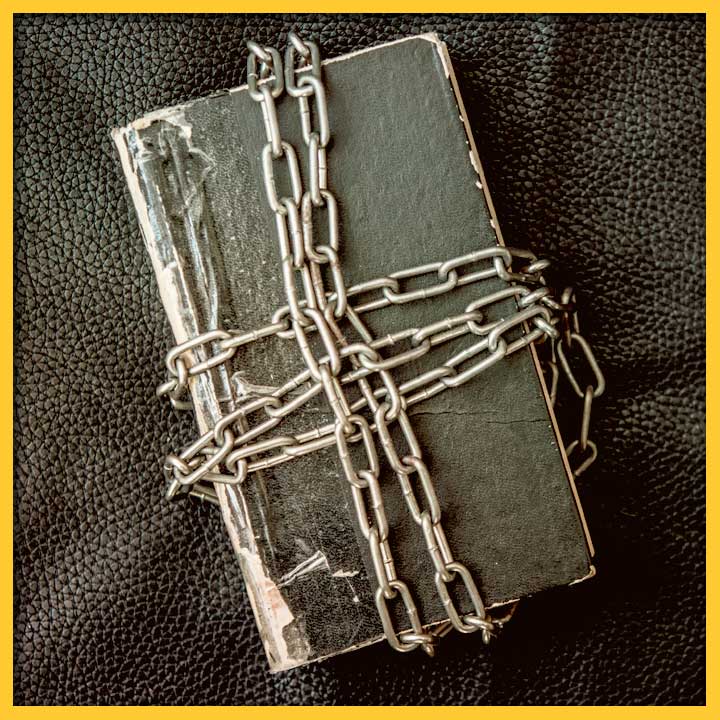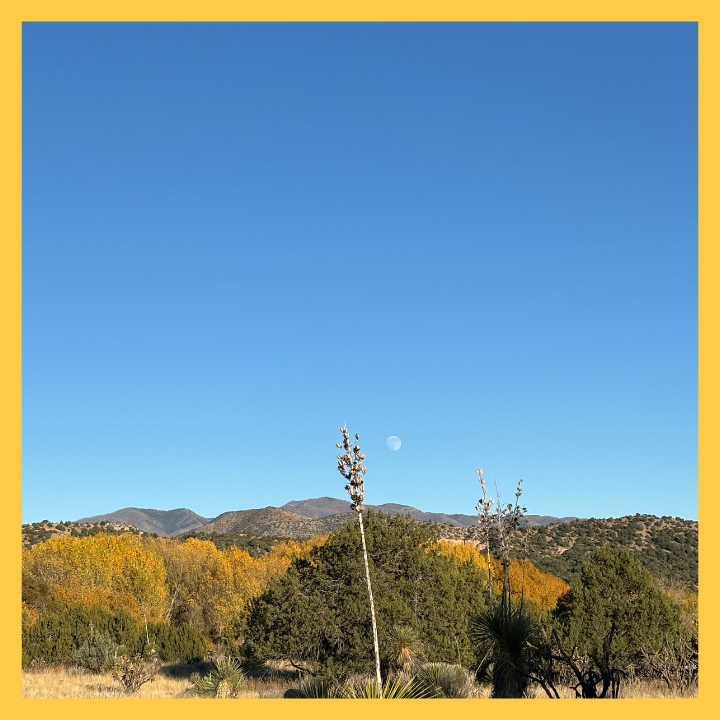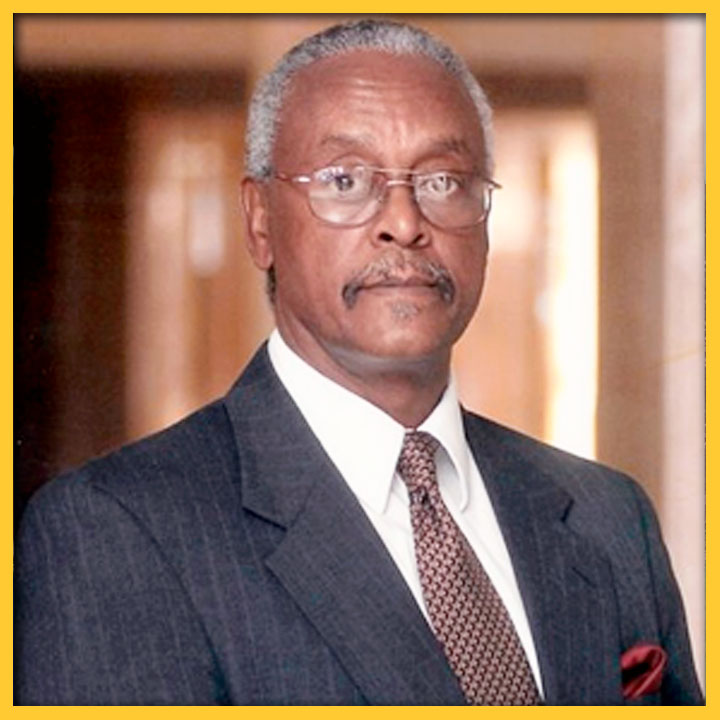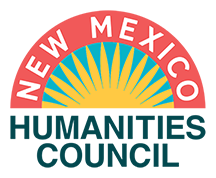
LIBRARIES AS FOUNDATIONS OF DEMOCRACY: UPHOLDING THE FREEDOM TO LEARN
Proponents of intellectual freedom and supporters of libraries should plan to join in the various celebrations happening in New Mexico to honor the work communities and library workers do to retain intellectual freedom rights for all Americans.
Old book with chain on dark background. Credit: Vadim Yerofeyev, Adobe Stock.
SHARE:
Intellectual freedom is at the heart of democratic societies. Free people and voters have a right and a responsibility to explore ideas, consult and evaluate information, engage in debate and conversation. Active community members and voters are required to delve into topics that may include unpopular or controversial material. Providing access to information and having space to explore new ideas is among the important work of libraries in a democratic society. Librarians, through training, professional guidance and community work, recognize the importance of this role and safeguard the rights all people have under the protections of the First Amendment.
Intellectual freedom has been a cornerstone of librarianship since the 1930s when Americans witnessed book burning and the destruction of research and culture in Europe leading up to World War II. Following World War II, the United Nations emerged as a leading organization determined to foster global peace and cooperation, adopting the Universal Declaration of Human Rights in 1948. This declaration acknowledges intellectual freedom as a fundamental aspect of human rights.
Despite these important foundations in support of democracy, the past 10 years have been tumultuous years for librarians and the institutions in which they work. Librarians have increasingly found themselves at the center of controversy over demands to ban books found in library collections. These demands not only violate professional values, but the human rights values on which intellectual freedom is built.
The American Library Association’s (ALA) Office for Intellectual Freedom (OIF) tracks book challenges at all types of libraries throughout the United States. In 2023 the office documented challenges to 4,240 unique book titles a number that is 65 percent over the number of challenges reported in 2022.
Libraries in New Mexico have not been immune to challenges to remove material from the collections. The Rio Rancho Public Library was pressured to remove LGBTQ books from the library’s collection in 2023. After several public hearings, the Rio Rancho City Council voted unanimously to affirm the resolution to support the library.
Only two New Mexico challenges were recorded with the ALA in 2023. Despite this, New Mexico librarians remain vigilant in their commitment to uphold the value of intellectual freedom and exploration. New Mexico’s library workers’ concerns are further underscored by the experiences of colleagues in states like Montana and Texas, where librarians have faced severe consequences including threats to their safety and job termination all in their efforts to ensure intellectual freedom in their communities.
To support intellectual freedom and to keep library funding from being threatened, New Mexico State Rep. Kathleen Cates (D-N.M.) who represents Bernalillo and Sandoval counties, introduced House Bill 123 (HB123) at the 2024 New Mexico legislative session. The bill was written to address New Mexicans’ concerns about censorship in their local libraries and was designed to ensure that libraries remain places where diverse viewpoints are accessible to the public. The bill required two actions by public libraries: adherence to the ALA’s Library Bill of Rights and the adoption of a written policy for handling challenges to library materials. In exchange for a library’s compliance with these requirements, political subdivisions would be prohibited from reducing the library’s funding for not removing material from the library.
HB 123 highlighted a critical aspect of community responsibility that librarians honor, the responsibility to listen to patrons and accept feedback about the library’s collection. Libraries historically uphold this value by having policies and practices that allow patrons to lodge a complaint about items in a library’s collection. This document and its associated procedures are often referred to as a library’s “reconsideration policy.” The language in these policies and the structure for engaging in reconsideration are different in every library but generally, people who wish to express an objection usually are required to fill out a form specifying the items in question and their reasons for the challenge. Submitting the form usually triggers a thorough review process, which assesses the appropriateness of the material for the community. This established procedure ensures that community members have a structured method to discuss materials they believe are problematic. Depending on the committee’s evaluation, the challenged material may be removed, moved to another section of the library or retained in its original location.
Despite strong support from the community, librarians across the state, and support from members of both houses, the 2024 30-day session quickly came to an end, and HB123 died in committee at the session’s close.
In the fall of 2024, legislators and advocates for libraries are collaborating on drafting a new bill scheduled for introduction to the legislature during the 2025 session. President of the New Mexico Library Association (NMLA), Ruben Aragón, emphasizes the association’s dedication: “NMLA is committed to supporting intellectual freedom. It is fundamental to our profession. As an organization we are interested in any legislation that strengthens the efforts of libraries and librarians throughout New Mexico.”
Libraries celebrate the freedom to read every year during the last week of September with Banned Books Week. The week is a recognition of the work librarians engage in every day and it is usually celebrated with special displays, public speakers and publicity. This year there are sure to be numerous news reports about the important role libraries have around the country and the difficult circumstances under which many librarians are working as pressure groups aggressively challenge library material and librarians themselves.
Proponents of intellectual freedom and supporters of libraries should plan to join in the various celebrations happening in New Mexico to honor the work communities and library workers do to retain intellectual freedom rights for all Americans. In the coming weeks please take note of the stories that are recorded and published about the work librarians are doing to protect the First Amendment. Please keep an eye out for events recognizing Banned Books Week at your local library. Consider thanking your local librarians for the work they do to protect our American freedoms.
PASA POR AQUÍ
ADDITIONAL BLOG ARTICLES

NEW MEXICO’S AMAZING BLACK HISTORY
By Rob Martinez, State Historian of New Mexico.
“African history runs deep in New Mexico. Black history is often framed within the institution of slavery, but in New Mexico, New Mexicans of African descent were ambassadors, explorers, colonists, soldiers, cowboys, discoverers, settlers, businessmen, educators, and much more.”

SCANNING FOR STORIES
It was a Friday afternoon in November and I was driving on a state road through the hills of the Mimbres Valley. The entire landscape was bathed in a golden hue because the tree leaves had made their full conversion to a bright yellow color just before falling off the branches.

REFLECTIONS ON THE LOSS OF A NEW MEXICO CIVIL RIGHTS LEADER
By Carlyn N. Pinkins, M. A.
“The Dr. Harold Baileys of the world should inspire us all to do what we can to leave our communities, our towns and cities – our great state – better places than we found them. While we do our part to create the Dr. Harold Baileys of the future, we should also strive to make sure that the Dr. Harold Baileys of our past and present are never forgotten.”
SHARE:
DISCLAIMER:
Any views, findings, conclusions or recommendations expressed in this blog post/article does not necessarily represent those of the New Mexico Humanities Council or the National Endowment for the Humanities.
ABOUT THE AUTHOR:

VAL NYE
Valerie Nye serves as Library Director at Santa Fe Community College with over 25 years of experience in academic libraries. Her interest in intellectual freedom began at her first library job in the late 1990s when she worked at the library at the Albuquerque Journal and Albuquerque Tribune. She has edited two books that share stories of librarians confronting intellectual freedom challenges, True Stories of Censorship Battles in America’s Libraries (ALA, 2012) and Intellectual Freedom Stories: From A Shifting Landscape (ALA, 2020). Valerie holds a BA Cornell College and a Master of Library and Information Science from the University of Wisconsin-Madison.
